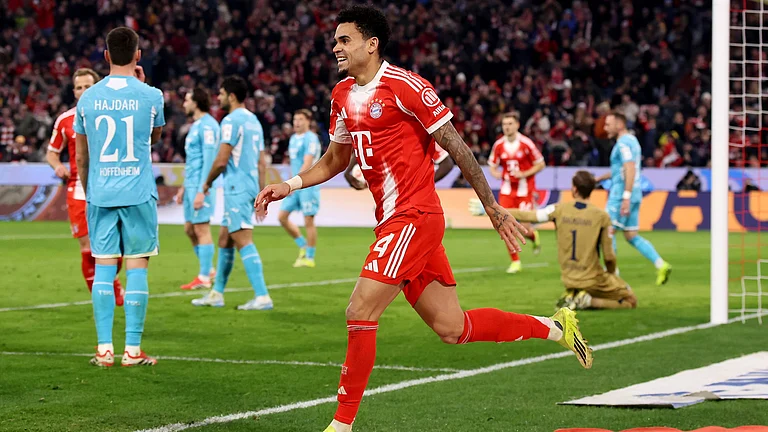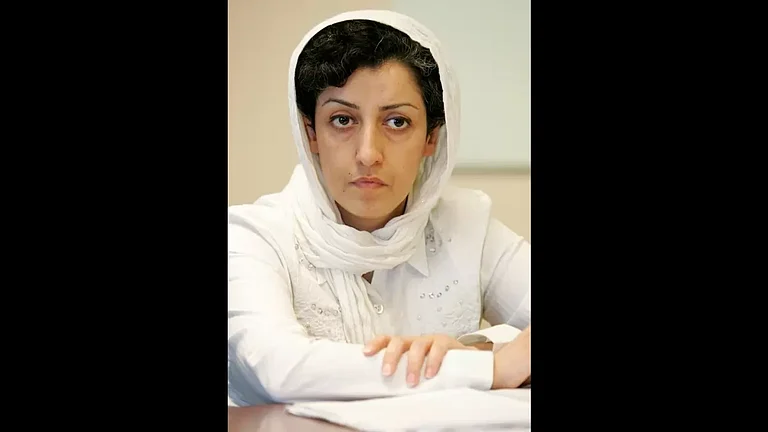Arevolt of such magnitude is unprecedented in the history of Pakistan hockey. On May 26, as many as 24 of the 32 probables, who were to appear in the one-day Olympic hockey trials at the Karachi camp, rebelled against the team management and the selection committee, refusing to take part unless their demands were met. The first such revolt by hockey players in Pakistan took place exactly a decade ago and had been led by former Olympic player Hassan Sardar.
Former hockey captain Shahbaz Ahmed, who led this year's revolt of the probables, declared at a press meeting: "We want the ouster of manager Col (retd) Mudassar Asghar, coach Manzoorul Hassan and the disbandment of the selection committee. We would also like Prime Minister Benazir Bhutto to give us a hearing before we decide to join the Atlanta Olympic camp."
If the demands aren't acceded to by the president of the Pakistan Hockey Federation (PHF), Air Vice Marshal Farooq Umar, the trials programmed to select a 16-member Pakistan hockey squad for the 1996 Atlanta Olympic Games and two four-nation hockey tournaments prior to that—one at Milton Keynes and the other at Amstelveen—might not take place. Following a two-hour meeting with the PHF chief, the 24 disgruntled probables led by Ahmed stormed into the field, where they went public with their grievances in an address to the press.
Ahmed had joined the national hockey camp only two days earlier for a day's training before the trial. The five other senior players behind the revolt—Khwaja Muhammad Junaid, Tahir Zaman, Rana Mujahid Ali, Asif Bajwa and Ahmed Alam—had been anticipating their being dropped by the selection committee for the upcoming Olympics. Another 18 probables were hustled together to join them at the mid-field press briefing. The other eight probables seemed a baffled lot, not quite knowing what turn things would take.
Shahbaz Ahmed told Outlook that the team management was not giving due respect to the senior players. When asked who the leader of the revolt was, Shahbaz asserted: "All the seniors are united as one." Asked if he was being fair to the country, he replied: "We have been serving the country for the last nine to ten years on the field and what have they done? It is nothing more than a joke that the national selectors assemble at a place for one day and decide the fate of a player who they have not watched playing for one month. What sort of selection is this?" Shahbaz has appealed to the prime minister to intervene and remove the team manager, who, he says, is the cause of the team's problems, along with coach Manzoorul Hassan.
Mudassar, who is also the secretary of the selection committee, told Outlook that the demands of the players were totally unjustified. "It seems a wave of irrationality has rolled over all of them. If they think that through such a revolt they will force the PHF to accede to their demands, they are badly mistaken," the colonel observed.
The PHF president was far more critical. "I have already convened the disciplinary committee meeting on May 30 at Karachi. No player is bigger than the sport. Their approach is contrary to the norms of sportsmanship. They know quite well that the PHF is handicapped due to time constraints and the time-limit of nominations of the players. Yet, it would be well within our purview to bar all of them from playing for Pakistan".
When reminded of the players' intentions to meet the prime minister, Farooq maintained that Bhutto did not harbour a soft corner for such rebellious attitudes. "We are prepared to field a new team if these 'superstars' stick to their stance. Heavens would not fall if we lose at the Olympics with a team of spirited youngsters, committed to play for their country, and not for their ego," he concluded.





















